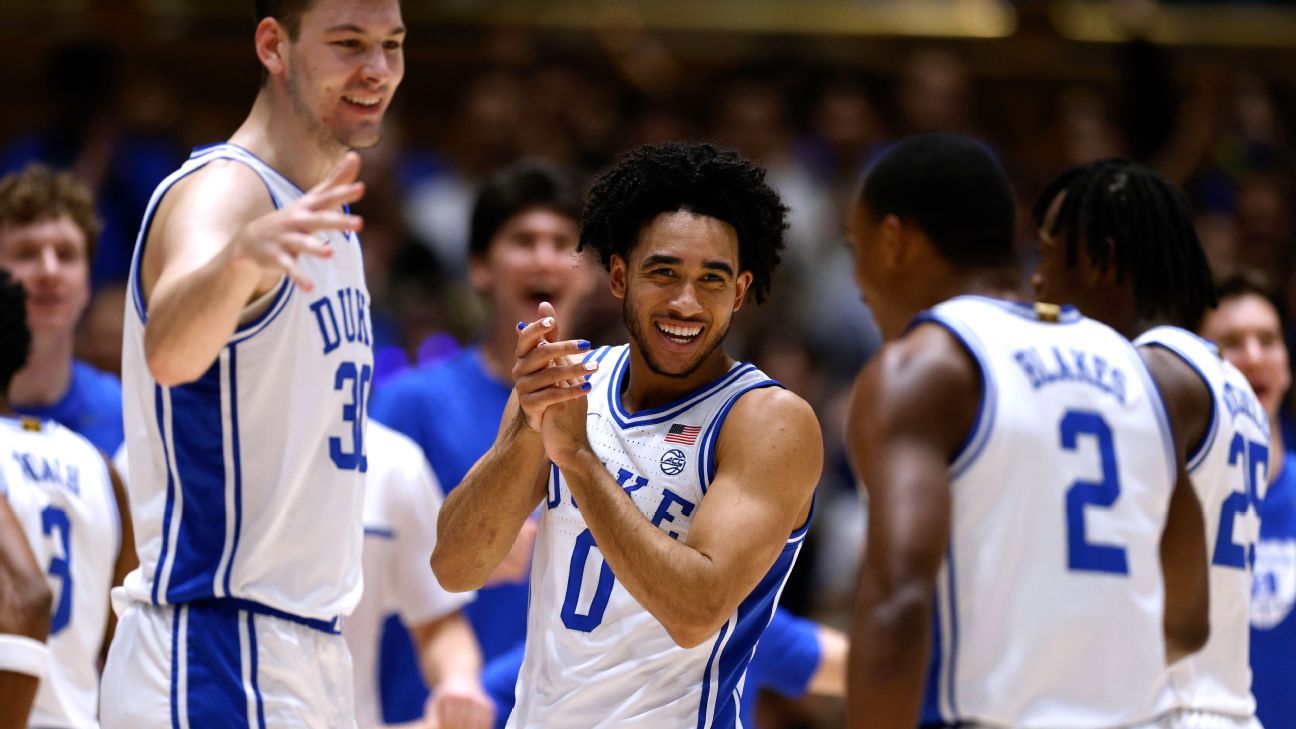In a letter to USC fans on Friday, athletic director Jen Cohen addressed the school's stance on the Big Ten's pending private equity deal that could infuse the conference with up to $2.4 billion.
“As we continue to evaluate the merits of this proposal or any other, our University leadership remains aligned in our position that our fiduciary obligation to the University of Southern California requires that we thoroughly evaluate any agreement that could impact our long-term value and flexibility, regardless of the short-term benefit,” Cohen said in the letter.
The proposed deal would extend the league's rights grant an additional 10 years to 2046 and create a new business entity, Big Ten Enterprises, that would house all media rights and sponsorship deals for the entire league. Each school, as well as the league office, would get ownership shares in Big Ten Enterprises, while an investment fund tied to the University of California pension system would receive a 10% stake in the new entity in exchange for an infusion of more than $2 billion to the conference's athletic departments.
USC and Michigan are the two Big Ten schools that have rejected the deal, which has otherwise been supported by most of the conference's programs as well as Big Ten Commissioner Tony Petitti.
In a call last month between USC and Michigan trustees, sources told ESPN's Dan Wetzel that both programs were skeptical of the deal and talked about how it doesn't address the root problem (rising costs) that has made cash so imperative for athletic departments. Sources said simply providing short-term money does not solve that problem.
The schools also noted pending federal legislation that makes it difficult to predict the future of college athletics, as well as a general apprehension about selling shares in a university asset: conference media rights.
Beyond the potential impact on long-term value and flexibility in exchange for a “short-term benefit” that Cohen suggested (a vesting extension through 2046 could limit conference expansion and any program's exit, for example), he also noted in his letter that the $2.4 billion would be “unequally distributed” among schools and “create a tiered revenue-sharing system going forward.”
According to reports from ESPN's Wetzel and Pete Thamel, the exact equity amounts per school in Big Ten Enterprises are still being negotiated. There is expected to be a small gap in the percentage of remaining equity between schools that would favor the league's biggest sports brands, but it is likely to be less than a percentage point. A tiered system for down payments is also expected, but with the lowest amount in the nine-figure range. Larger athletic departments could receive more than $150 million.
“We greatly value our membership in the Big Ten Conference and understand and respect the bigger picture,” Cohen said. “But we also recognize that the power of the USC brand is far-reaching, deeply engaging and incredibly valuable, and we will always fight for what is best for USC first.”
The Big Ten is in the midst of a seven-year, $7 billion media rights package that will extend through 2030. The infusion of money is believed to be badly needed at several Big Ten schools that are struggling to pay off new construction debt and budget for direct revenue ($20.5 million this year and expected to increase annually) for athletes.
In a move that altered the college football landscape, USC left the Pac-12 and joined the Big Ten conference in 2024, along with UCLA, Oregon and Washington, bringing the league to 18 members.












